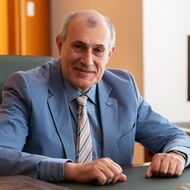- A
- A
- A
- ABC
- ABC
- ABC
- А
- А
- А
- А
- А
- HSE University
- Educational Departments
- Faculty of Biology and Biotechnology
- Joint Department with RAS Shemyakin-Ovchinnikov Institute of Bioorganic Chemistry
-
The Department
Profsoyuznaya st., 33, building 4, Moscow, 117418, Moscow
Phone: +7 (495) 772-9590 ext. 15093
E-mail: biology@hse.ru
IEEE, 2023.
Portnova G. V., Proskurnina E. V., Liaukovich K. et al.
Journal of Molecular Neuroscience. 2026. Vol. 76.
Klenitskiy A., Fatkulin A., Denisova D. et al.
In bk.: RecSysChallenge '25: Proceedings of the Recommender Systems Challenge 2025. Association for Computing Machinery (ACM), 2025. P. 26-30.
- All news
- Admissions
- Education
- Research & Expertise
- Society
- On Campus
- Other

.jpeg)


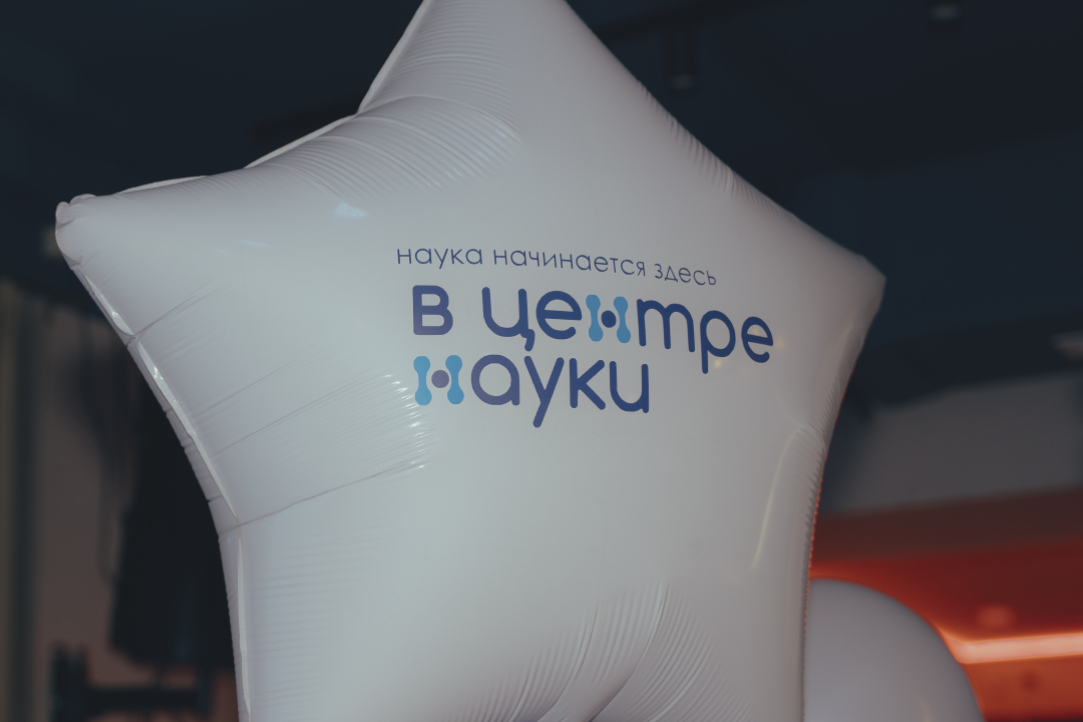



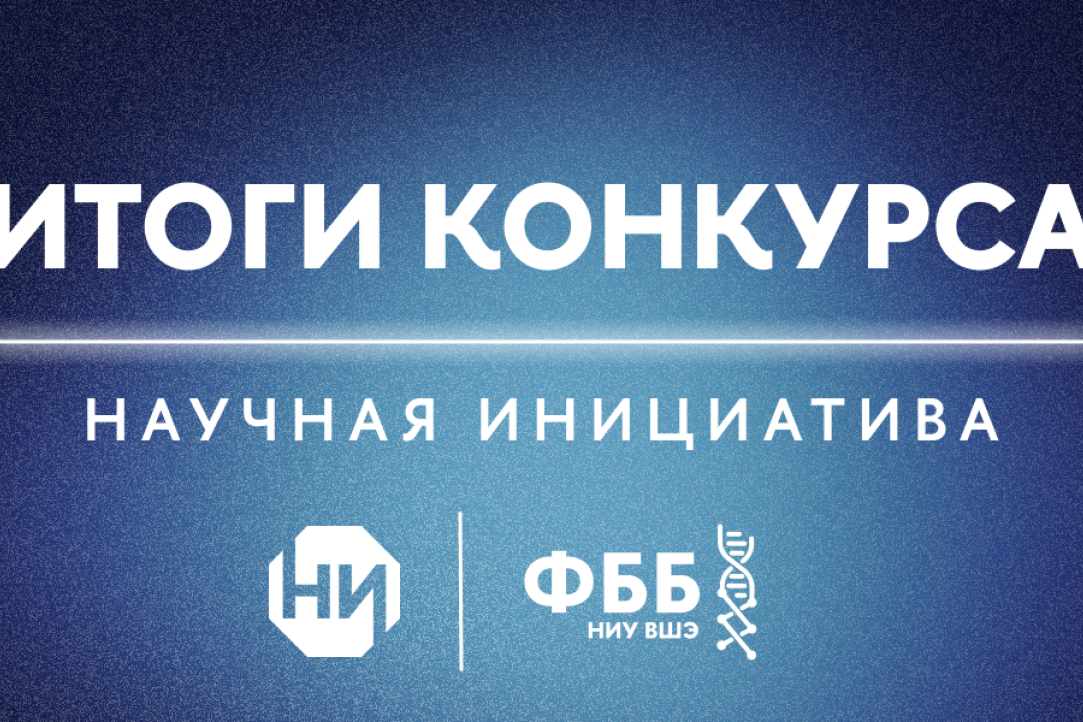

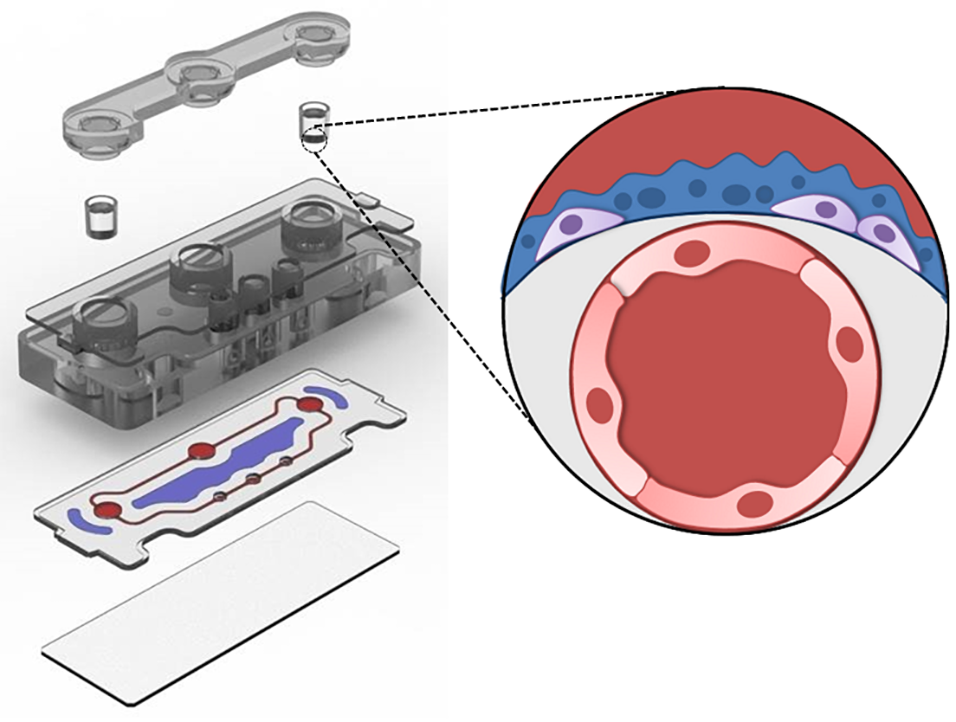

A publication by HSE biology researchers was included in the top 5 popular articles of PeerJ journal
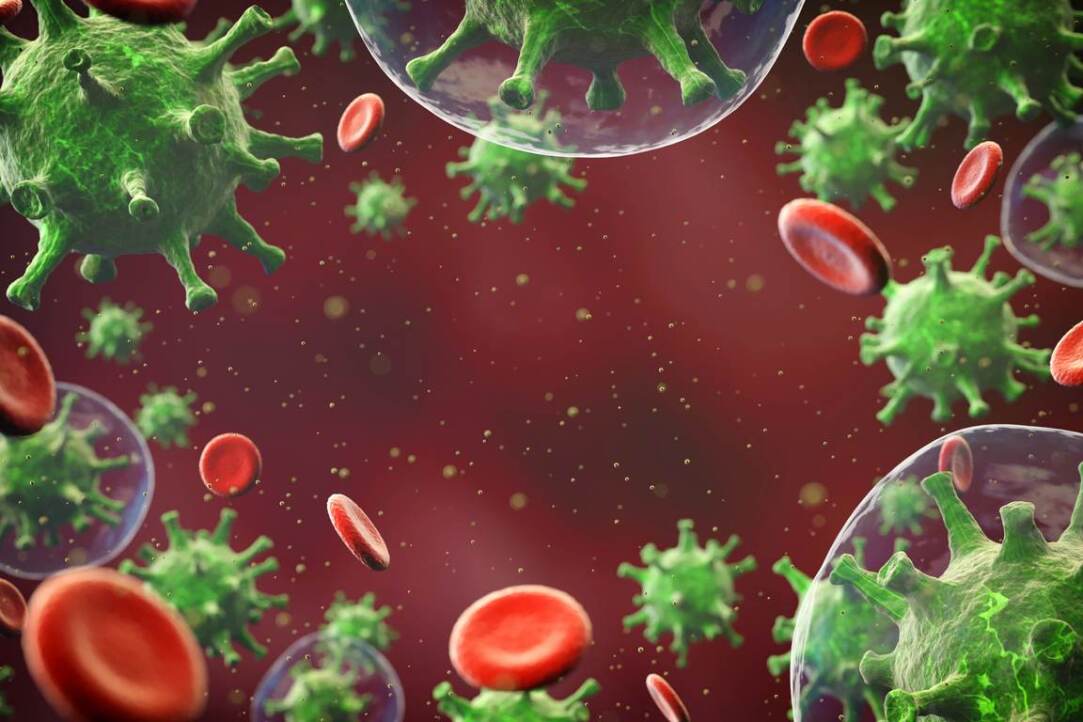







The department was founded in accordance with the Agreement on Cooperation between the Institute of Bioorganic Chemistry and HSE University. The department aims to use the scientific and teaching potential of leading researchers of the IBCh RAS to organize a world-class scientific and educational centre at the Faculty of Biology and Biotechnology.
Key research areas:
- peptide-protein technologies;
- immunology;
- structural biology;
- genomics and post-genomic technologies;
- biotechnology and bioengineering;
- molecular neurobiology;
- chemical biology of glycans and lipids;
- biomolecular chemistry;
- biomaterials and bionanotechnology;
- metabolism and redox biology;
- biophotonics and biological testing.
The department teaches a range of courses at the Faculty of Biology and Biotechnology, including:
- Organic Chemistry for Biology and Medicine;
- Cell Biology: the Basics of Bioprocesses;
- Biochemistry;
The department conducts practical classes and supervises student coursework and theses.
Students of the HSE Faculty of Biology and Biotechnology who come to the IBCh RAS find themselves in a rigorous research environment. They gain experience working with world-class specialists and modern equipment that they will use in their future careers. When working at the IBCh RAS, students use (both at the workshops and in the laboratory) the same equipment as the employees of the Institute. We are proud that any young scientist who comes to the laboratory has equal rights and access to all the resources of the Institute: rare library publications, access to databases, special software, a modern electron microscope, and participating in research grants.
- About
- About
- Key Figures & Facts
- Sustainability at HSE University
- Faculties & Departments
- International Partnerships
- Faculty & Staff
- HSE Buildings
- HSE University for Persons with Disabilities
- Public Enquiries
- Studies
- Admissions
- Programme Catalogue
- Undergraduate
- Graduate
- Exchange Programmes
- Summer Schools
- Semester in Moscow
- Business Internship
- © HSE University 1993–2026 Contacts Copyright Privacy Policy Site Map
- Edit
